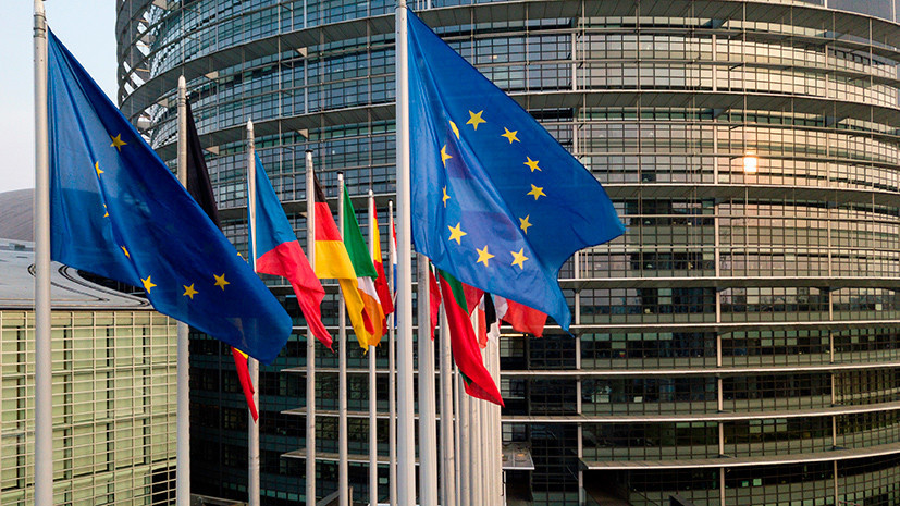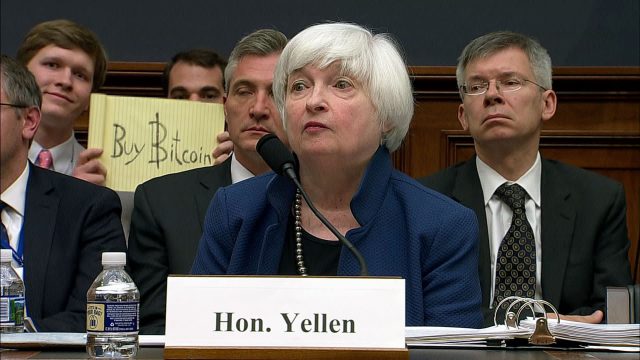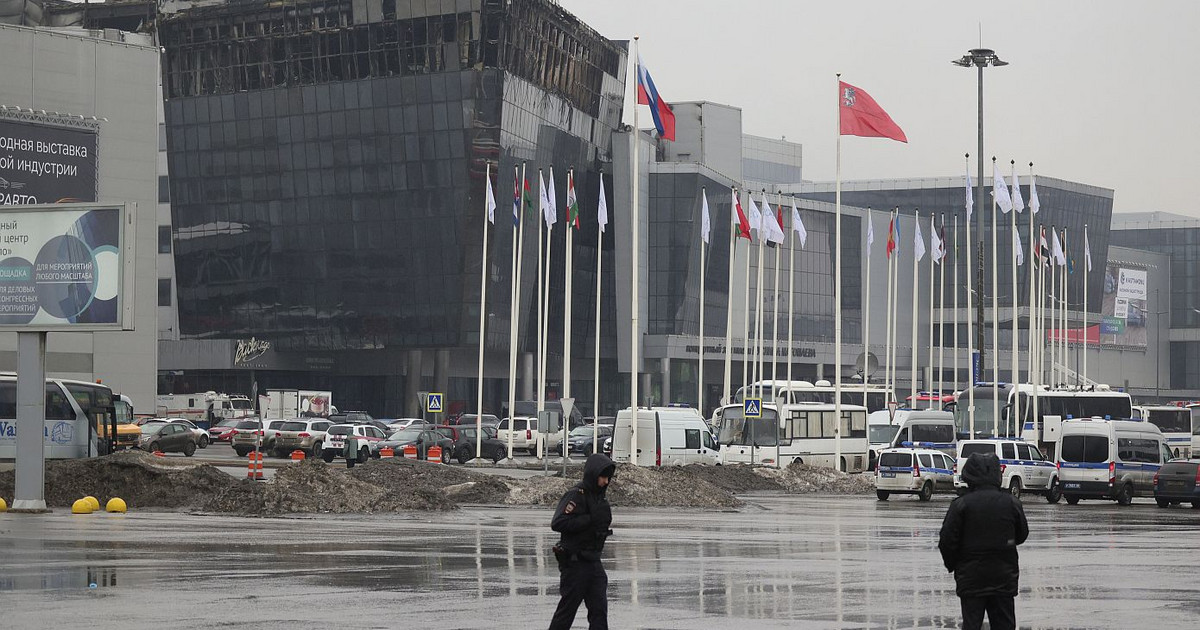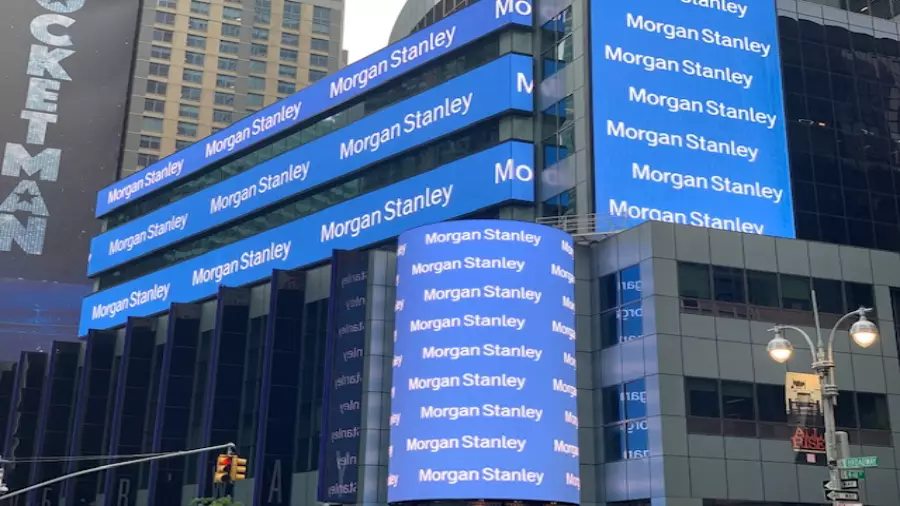The international non-governmental organization Human Rights Watch (Human Rights Watch, HRW) denounces in its report which it publishes today the “murders”, “deaths of people in custody”, “enforced disappearances” and “torture” in the context of the repression by the authorities of demonstrations held in Chad in October.
On October 20, 2022 they were killed somewhere fifty people, according to authorities. They were mainly young people, killed by bullets of law enforcement forces in the capital, during demonstration which was called by the opposition in protest of the two years remaining in power of the transitional president, General Mahamat Idris Debi Itno. “The security forces fired real bullets against protesters, killing and injuring dozens of them, beating people, chasing people even into houses and arresting them,” her report says.
“Given the gravity of the crimes committed by Chadian security forces on October 20 and in the days that followed, the international community must react strongly,” the international human rights organization emphasizes.
According to the African country’s government, overall 621 people were arrested in Djamena and were interned in Koro Toro, a maximum security prison in the desert, about 600 kilometers from the capital. Eyewitnesses they told NGO that several of the people moving there died on the way, due to the lack of “food and water”.
HRW adds that minors arrested in the protests — 83, according to authorities — were held “in the same cells as adults” for at least the first two weeks.
The organization also cites testimonies according to which men of the security forces in civilian clothes, who were driving “cars with conventional number plates,” raided communities known to support opposition factions such as the Reformers and Wakit Tama (“It’s Time,” in Arabic), an opposition party and alliance, respectively.
The Observatory also points to many cases of “enforced disappearances”: there are prisoners whose “whereabouts are unknown and members of their families and their lawyers are asking in vain for information” about their fate.
HRW also points out that civil society leaders and lawyers have said they have “no confidence” in either “independence”nor to the “effectiveness” of the Commission of Inquiry of the Economic Community of Central African States (Communauté économique des Etats de l’Afrique centrale, CEEAC), which was set up after the protests in order, in theory, to offer technical assistance to High Commission of the United Nations on Human Rights.
Source: News Beast
Bruce Belcher is a seasoned author with over 5 years of experience in world news. He writes for online news websites and provides in-depth analysis on the world stock market. Bruce is known for his insightful perspectives and commitment to keeping the public informed.






